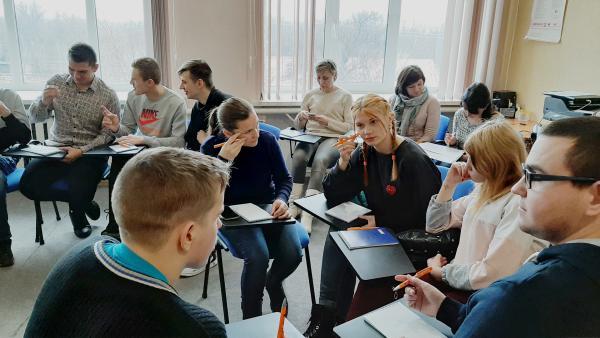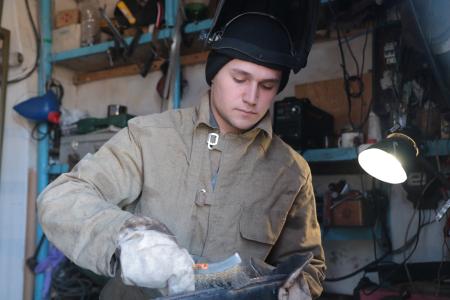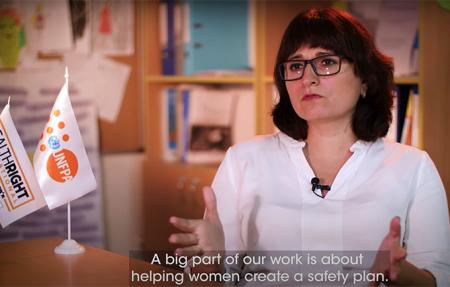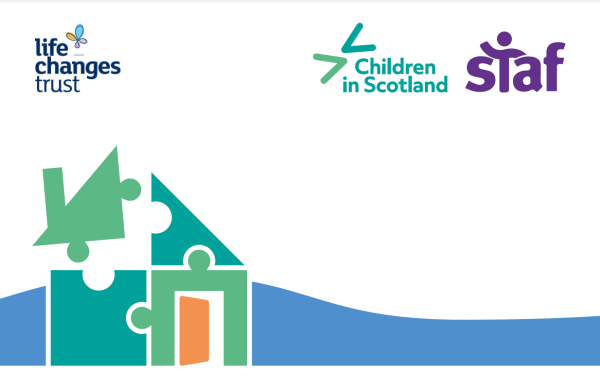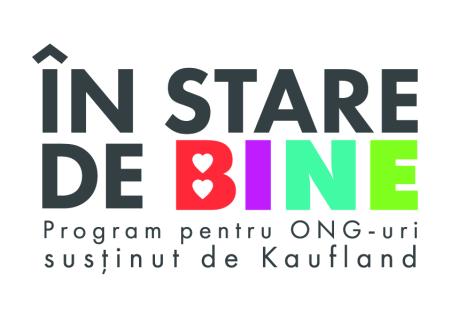
For many years, the vocational education system in Ukraine has aimed to produce students who can ensure the functioning of industrial enterprises. As a result, students and graduates of professional schools had always been assured employment after graduation.
However, the socio-economic landscape in the Donetsk and Luhansk regions drastically changed after the disintegration of the Soviet Union. The war in Ukraine further accelerated this process. Large enterprises gradually declined or ceased to exist, and the vocational education system has become incapable of ensuring employment for young people.
Between 2013 and 2015, the number of enterprises dropped, especially large and medium-sized businesses. In the territory controlled by the Ukrainian government, the Luhanska oblast lost 70% of total enterprises, whilst the Donetska oblast lost almost 60%. Moreover, in 2017 the Gross Added Value (GAV) of mining and quarrying dropped by 75% in the Luhanska oblast and 48% in the Donetska oblast. As a consequence, graduates have been forced to find their own places of employment.*
As the economic situation in Ukraine changes, so does the labour market. Existing job opportunities require new skills from teens. The Soviet-designed professional education system does not respond to a volatile, permanently changing economic environment. The ever-decreasing budgets and quick changes in the national education system also have not favoured a consistent approach to support teachers in adding new required skills to their curriculums.
In the new economic reality, it is crucial for anyone seeking a job to acquire soft and entrepreneurial skills. These allow a young person to quickly adapt to new conditions, change the sphere of employment, solve non-standard tasks, and take responsibility. Hard skills (specialised skills) are mostly acquired within the walls of educational institutions. Students are forced to develop soft skills independently.
In order to fill this gap, Tdh in Ukraine cooperates with the vocational education system and strives to develop motivating, goal-setting and entrepreneurial skills that will enable young people to pursue income-generating activities. Tdh in Ukraine not only raises the awareness of vocational school students about the possibility of starting their own businesses, but also prepares future graduates for successful employment.
Through a series of trainings, teens are able to learn the importance of competencies for successful future employment. These competencies are: interpersonal skills, situational awareness, flexibility and adaptability. For instance, interpersonal skills would be helpful in building relationships with customers, and situational awareness is crucial in maintaining stable profits for a small business in quickly-changing circumstances. Along with the students, teachers are trained on how to convey knowledge to more students.
One participant of such an educational workshop, Dmitriy (age 18), is taking courses to become a construction worker and told us about the importance of these classes for him:
'I found out about this project from the curator in my professional lyceum (Sievierodonetsk Professional Lyceum). The project gave us understanding that we could start earning by doing something simple. Eventually, with my mate, we decided to get into competition for the grant to start our own activity'.
To consolidate the skills acquired, students, along with their families, will be invited to participate in a business initiative competition.
'This project allowed the youth to believe in themselves and in their strength. It is important that thanks to the knowledge gained in the field of entrepreneurship and successful employment, after graduation from the lyceum young specialists will have confidence in the future”, shared Iryna Lytvyn, Master of Production Training at the Zolote Professional Lyceum.
Through the project, 'Consolidation of Access to Innovation, Recovery and Economic Improvement in Ukraine', 567 students and teachers of vocational schools have been trained with the support of the Federation of International Cooperation and Development Federation Vaudoise Cooperation - FEDEVACO, Switzerland.
If you are interested in the educational materials used for the training of students, please write to us at ukr.office@tdh.ch
*Analysis of Impact of Conflict on Socio-Economic Situation in Eastern Ukraine


